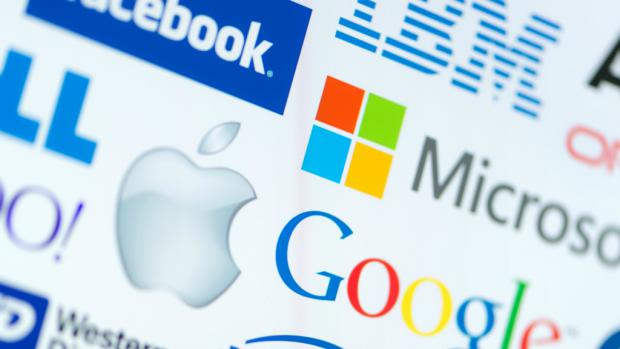
Breaking News
 Sunday FULL SHOW: Newly Released & Verified Epstein Files Confirm Globalists Engaged...
Sunday FULL SHOW: Newly Released & Verified Epstein Files Confirm Globalists Engaged...
 Fans Bash Bad Bunny's 'Boring' Super Bowl Halftime Show, Slam Spanish Language Performan
Fans Bash Bad Bunny's 'Boring' Super Bowl Halftime Show, Slam Spanish Language Performan
 Trump Admin Refuses To Comply With Immigration Court Order
Trump Admin Refuses To Comply With Immigration Court Order
 U.S. Government Takes Control of $400M in Bitcoin, Assets Tied to Helix Mixer
U.S. Government Takes Control of $400M in Bitcoin, Assets Tied to Helix Mixer
Top Tech News
 SpaceX Authorized to Increase High Speed Internet Download Speeds 5X Through 2026
SpaceX Authorized to Increase High Speed Internet Download Speeds 5X Through 2026
 Space AI is the Key to the Technological Singularity
Space AI is the Key to the Technological Singularity
 Velocitor X-1 eVTOL could be beating the traffic in just a year
Velocitor X-1 eVTOL could be beating the traffic in just a year
 Starlink smasher? China claims world's best high-powered microwave weapon
Starlink smasher? China claims world's best high-powered microwave weapon
 Wood scraps turn 'useless' desert sand into concrete
Wood scraps turn 'useless' desert sand into concrete
 Let's Do a Detailed Review of Zorin -- Is This Good for Ex-Windows Users?
Let's Do a Detailed Review of Zorin -- Is This Good for Ex-Windows Users?
 The World's First Sodium-Ion Battery EV Is A Winter Range Monster
The World's First Sodium-Ion Battery EV Is A Winter Range Monster
 China's CATL 5C Battery Breakthrough will Make Most Combustion Engine Vehicles OBSOLETE
China's CATL 5C Battery Breakthrough will Make Most Combustion Engine Vehicles OBSOLETE
 Study Shows Vaporizing E-Waste Makes it Easy to Recover Precious Metals at 13-Times Lower Costs
Study Shows Vaporizing E-Waste Makes it Easy to Recover Precious Metals at 13-Times Lower Costs
Microsoft, Google Abandon "Truce" As Tech Giants Turn On Each Other Amid Anti-Monopoly Pus

Now that humbling America's tech giants has become an issue with bipartisan support, a package of restrictive new measures targeting Big Tech is slowly moving through Congress, while President Biden prepares to slap the industry with a new executive order empowering regulators to tighten scrutiny of any anti-competitive behaviors.
While all the money firms like Facebook, Amazon and Google spend on lobbying may have saved them from being forcibly broken up, the new restrictions will unquestionably hurt the bottom line of big tech, while making it more difficult for the biggest firms to simply buy out any competitors who might threaten their dominance. While Facebook recently won a major court victory when a judge dismissed a lawsuit brought by the DoJ and a handful of State attorneys general, Google has once again found itself squarely in the sight of regulators hoping to humble the company's display ads business, an integral piece of Google's dominance of the digital advertising space.
Despite recently becoming one of only a small handful of American tech giants to see its market capitalization top $1 trillion, Microsoft has largely escaped scrutiny from Congress and the Biden Administration. And while one might expect Big Tech to close ranks in response to the antitrust scrutiny, to the contrary, Microsoft and Google are abandoning a longstanding "truce" that ended an extensive conflict between the two companies, according to the FT.
One source said the agreement wasn't an attempt to screw competitors, but rather an agreement between Satya Nadella and Sundar Pichai (CEOs of Microsoft and Google) to end "dirty tricks" that the companies were playing on each other. The truce also involved settling outstanding lawsuits, along with a deal to abandon further litigation. Additionally, Microsoft dropped its infamous "Scroogled" ad campaign attacking its rival.

 Smart dust technology...
Smart dust technology...

